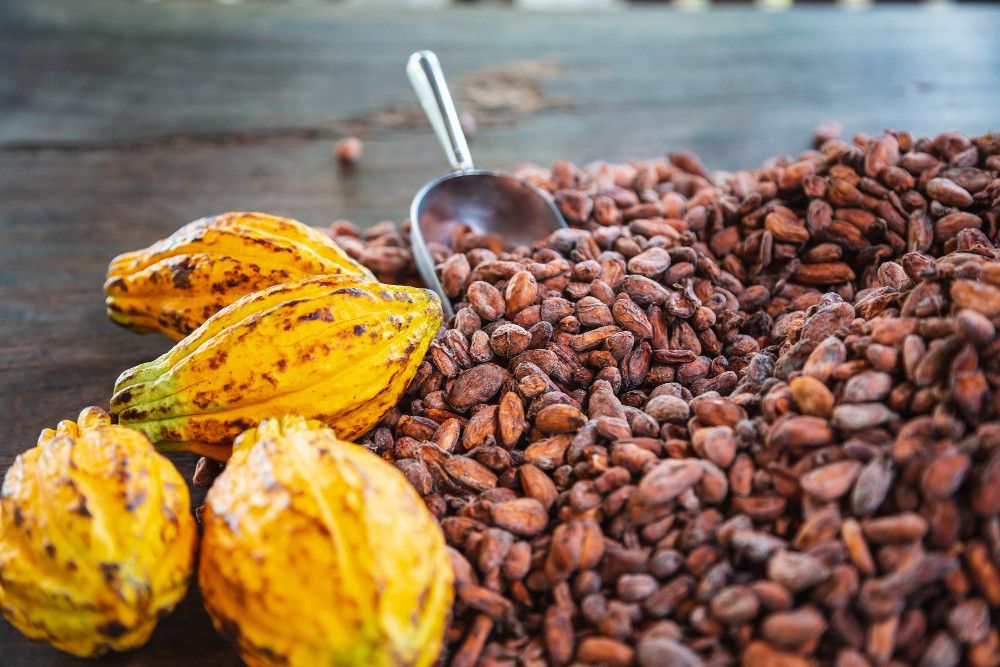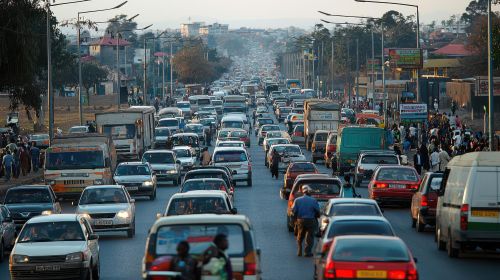Cargill Revamps Global Cocoa Supply Chain with Bold Sustainability Push


Cut through the green tape
We don't push agendas. At Net Zero Compare, we cut through the hype and fear to deliver the straightforward facts you need for making informed decisions on green products and services. Whether motivated by compliance, customer demands, or a real passion for the environment, you’re welcome here. We provide reliable information—why you seek it is not our concern.
Cargill, a global giant in food and agriculture, has launched a sweeping transformation of its global cocoa supply chain, introducing a range of initiatives aimed at reducing carbon emissions, minimizing waste, and enhancing efficiency from cocoa-growing regions in West Africa to processing sites in Europe.
Key upgrades include the use of renewable energy, circular logistics systems, and advanced infrastructure. “Sustainability isn’t a single project—it’s how we operate,” said Emiel van Dijk, Managing Director of Cocoa & Chocolate Europe and West Africa, in a press statement.
In Côte d’Ivoire, cocoa shells are now repurposed to fuel biomass boilers. In Ghana, solar energy powers production in Tema, while new ISO tanks reduce up to 100 metric tons of monthly waste by replacing single-use packaging.
Once in Europe, cocoa products enter an integrated logistics network. Beans are stored in solar-powered warehouses near Amsterdam before being transported via fully electric barges—eliminating 190,000 kg of CO₂ annually. Power for the vessels and Dutch operations comes from Windpark Hanze, a renewable energy venture with Vattenfall.
Cargill’s new biomass boiler in Amsterdam uses cocoa shell waste to cut emissions by 19,000 tons yearly. Along with wind energy, the site’s emissions are reduced by up to 90%, totaling 31,000 tons of CO₂ saved annually.
Low-emission BIO LNG trucks then transport cocoa products to Wormer, the world’s largest cocoa processing site. Finished products are stored in a next-gen, solar-powered warehouse in Zaandam, operated with Green Valley Cocoa Logistics.
The journey concludes with delivery to chocolate production sites using renewable fuels and short sea shipping—supporting Cargill’s aim to cut supply chain emissions by 30% per ton by 2030 and operational emissions by 10% by 2025.
“This is sustainability at scale,” said van Dijk. “It’s measurable, circular, and built for people and the planet.”
Source: businesswire.com

More related content

Lagardère Travel Retail Joins New Retail Alliance to Cut Supply Cha...

EU Awards €2.8 Billion for Transport Upgrades to Boost Connectivity...

Kampala’s Vehicles Emit Alarming Pollution Levels, New Study Finds
